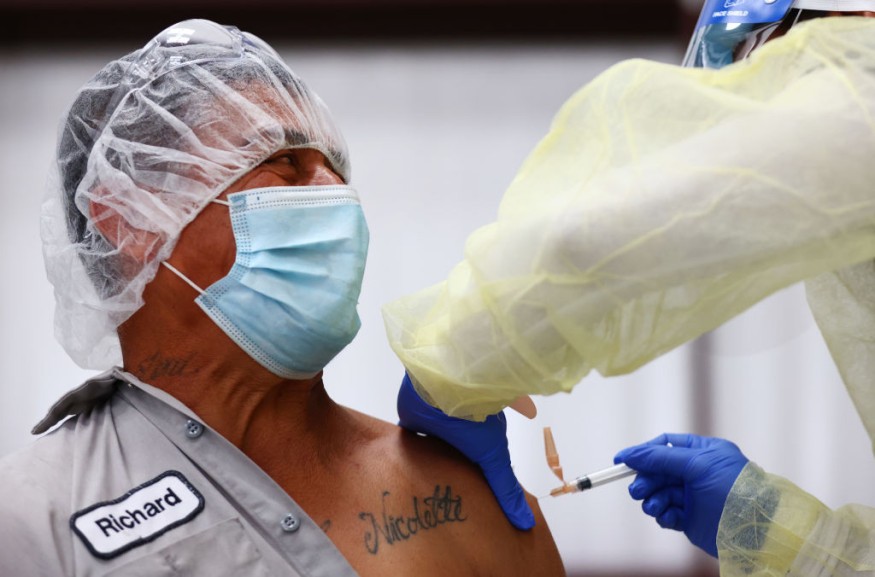Vaccines Work Against COVID-19 California Variant, Duke Researchers Says

As the affected areas of the California strain of coronavirus continue to expand, Researchers assured the people of the Golden State assured that several vaccines act as effective protection against the new variant based on their new research.
Based on the findings published in the New England Journal of Medicine, the people of California should be inoculated as the vaccine rollout continues across the state.
According to Los Angeles Times, David Montefiori, a virologist at Duke University and the study leader, shared that they are not expecting the California variant will be a problem for the COVID vaccines. He also added that the result of their research is really good news for the people of the Golden State.
Moreover, the COVID-19 California variant is a pair that is closely related to fellow travelers as B.1.429 and B.1.427. The emergence of the said variant in the state was tracked down by researchers in May 2020 and peaked during the deadly holiday surge, which made it a dominant strain.
In addition, the California variant was accounted for 56% of samples from the state. Later on, it appeared in every state in the U.S. and even spread as far as Singapore, Australia, Denmark, and Israel, the Centers for Disease Control and Prevention reported.
Dangerous COVID-19 Variants
The California strain is only one of several variants of coronavirus that is currently tracked by the CDC. Among other variants were the P.1 variant from Brazil, the B.1.1.7 from the United Kingdom, and the B.1.351 variant from South Africa. Those variants from different countries are more threatening, according to some experts, as they are more virulent or more resistant to the vaccine compared to their predecessors. They are also said to be more transmissible.
Furthermore, the goal of public health officials and scientists in the country is to eliminate the said variants by means of rapid vaccination. Vaccination will not only lessen the spread of the virus but will also deprive the virus to have future mutations, which could result in a more dangerous variant.
Also, researchers and scientists are concerned about the spread of the new variants of coronavirus as they emerged in far areas from their places of origin. They are also alarmed if the set of vaccines currently available will be effective against the more dangerous variants.
Researchers emphasized that the variants have acquired genetic mutations that affect the spike protein. The spike protein is what the virus uses in invading human cells, and it is also used by vaccines as their target.
Scientists fear that the mutations could alter the spike protein too much. It could result in the immune system having a recognition failure as it was trained to recognize the earlier version of the virus. This could mean that those vaccinated individuals will no longer have their biological defense.
But luckily, when the researchers tested the California variant, it was less susceptible to both vaccines, as both vaccines generated protection against the virus.
RELATED ARTICLE : Infections in Younger People Are Rising in New COVID Surge
WATCH: COVID-19 Variant First Found in California Now Dominant One in the State - from
NBC Bay Area
Subscribe to Latin Post!
Sign up for our free newsletter for the Latest coverage!

















